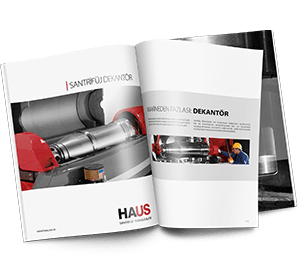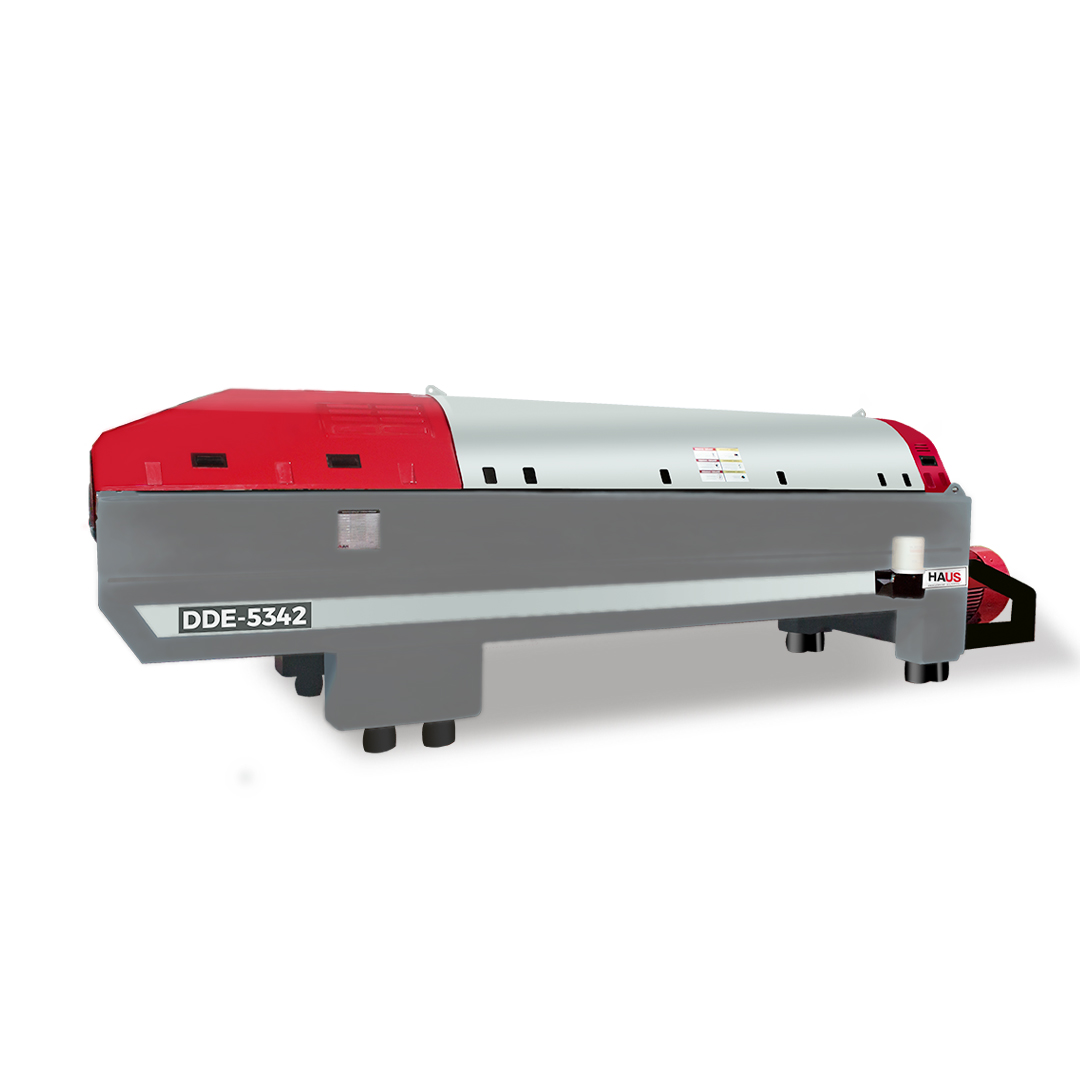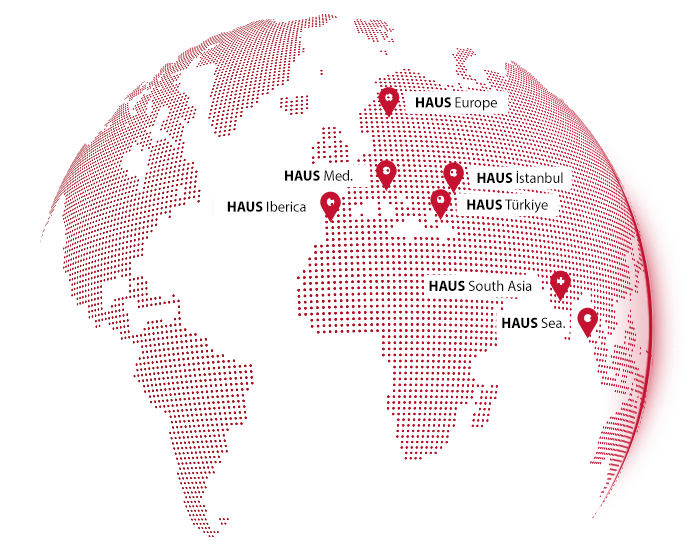Manure
Having a significant place in renewable energy resources, livestock and agricultural wastes are highly important in terms of environment and energy within frame of the sustainable development models. Energy is generated by producing biogas from the manure produced by livestock businesses increasing in number, without causing environmental pollution and organic fertilizers which are generated as a final product are proven to be very efficient by the studies that are carried out. Biogas is a mixture of gases consisting of methane (CH4) and carbondioxide (CO2), that is colorless, odorless, lighter than air, generated through anaerobic fermentation of waste organic matters. Excrements of animals such as cattle, horse, sheep, pig; slaughterhouse wastes and wastes produced in the course of processing animal products are particularly used in biogas plants recommended for rural areas. The produced liquid fertilizer is dehydrated and sold in form of organic fertilizer.
Release of organic wastes from which biogas is produced is highly risky and hazardous. Contaminated water discharged from such plants shall be transferred to the waste water treatment plant and treated according to the discharge limits. The fertilizer is dehydrated through use of HAUS Decanters integrated to the system. Cake phase obtained upon dehydration is fed to fertilizer compost system to produce organic fertilizer with high added value.
Process Operation
HAUS DDE series centrifuges offer two types of dehydration processes.
1. Non-chemical Direct Dehydration: Liquid phase output from biogas digester, with a solid matter content in the range of 2-5% is dehydrated by HAUS Decanters and the cake can be processed in composting system and the liquid phase can be processed in waste water treatment system.
2. Dehydration Upon Chemical Conditioning: Fertilizer separator output liquid phase is subjected to chemical preconditioning process (coagulant & flocculant) and dehydrated by HAUS decanters. Suspended solid content of the waste water is separated significantly upon chemical processing.
Having a significant place in renewable energy resources, livestock and agricultural wastes are highly important in terms of environment and energy within frame of the sustainable development models. Energy is generated by producing biogas from the manure produced by livestock businesses increasing in number, without causing environmental pollution and organic fertilizers which are generated as a final product are proven to be very efficient by the studies that are carried out. Biogas is a mixture of gases consisting of methane (CH4) and carbondioxide (CO2), that is colorless, odorless, lighter than air, generated through anaerobic fermentation of waste organic matters. Excrements of animals such as cattle, horse, sheep, pig; slaughterhouse wastes and wastes produced in the course of processing animal products are particularly used in biogas plants recommended for rural areas. The produced liquid fertilizer is dehydrated and sold in form of organic fertilizer.
Release of organic wastes from which biogas is produced is highly risky and hazardous. Contaminated water discharged from such plants shall be transferred to the waste water treatment plant and treated according to the discharge limits. The fertilizer is dehydrated through use of HAUS Decanters integrated to the system. Cake phase obtained upon dehydration is fed to fertilizer compost system to produce organic fertilizer with high added value.
Process Operation
HAUS DDE series centrifuges offer two types of dehydration processes.
1. Non-chemical Direct Dehydration: Liquid phase output from biogas digester, with a solid matter content in the range of 2-5% is dehydrated by HAUS Decanters and the cake can be processed in composting system and the liquid phase can be processed in waste water treatment system.
2. Dehydration Upon Chemical Conditioning: Fertilizer separator output liquid phase is subjected to chemical preconditioning process (coagulant & flocculant) and dehydrated by HAUS decanters. Suspended solid content of the waste water is separated significantly upon chemical processing.

PRODUCTS OF THE APPLICATION
You May Also Be Interested
HAUS
How Can We Help You?
#BECAUSEWECARE








